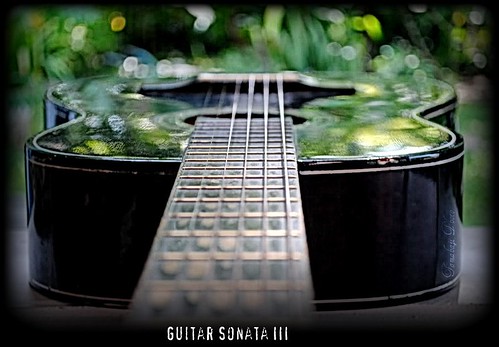 |
| photo credit: tamahaji via photopin cc |
My post the other day was about the Mind vs. your Genes. Today I ran across a video that has shocked me and really made me reevaluate how I look at music!
I've always loved music. I taught myself how to read music and play the piano as a teen. I need to practice playing with two hands more, but I can play with my right-hand alright. My eldest, as you learned in my previous post, has a chromosomal deletion disorder called Di George syndrome. Due to this disorder the areas of visual, audio, and motor functions; short term and working memory; Visual and auditory attention, are all functioning below where they should be. This is the way it is for MANY children affected with Di George syndrome!
However, if you exercise and stretch a weak muscle it gets stronger right? Low and behold, according to this video- the exact same areas that she is weakest in is the EXACT same areas -playing- a musical instrument works with! Take a look at the 'file system' in the video. She has that issue too! Many times she has learned something but just can't seem to find it in her head again. This is due to processing and recall issues.
Ok- so she's not going to be able to keep up with the faster music. She does ok with slower pieces but the time needed for her to read the note, process the information, and get it back down to her fingers (she plays the flute) is way to long for her to play faster pieces like marches.
Some tips we've been working with:
*Write the letter of all the notes above the actual notes- highlight key areas if you have to- this helps cut down on some of the processing time.
*Her math teacher suggested highlighting only certain notes within a song for her to concentrate on. The rest of the band will play the whole song but she only plays with them when her notes come up. This way she can still play but it lengthens the time between notes to give her a moment to process. (I am SO thankful for the teacher's suggestion on that one!)
*I've found it easier to cut out the "one and two and one and two" stuff- she doesn't get that. Instead, I clap out the beat and point to her on key notes when we are practicing.
This whole realization has been really encouraging to me- and I hope it is to you as well!
So- check the video out. If you have any instrument playing tips put them in the comments for us! And remember- Never stop exploring human potential, always reach for the stars!

